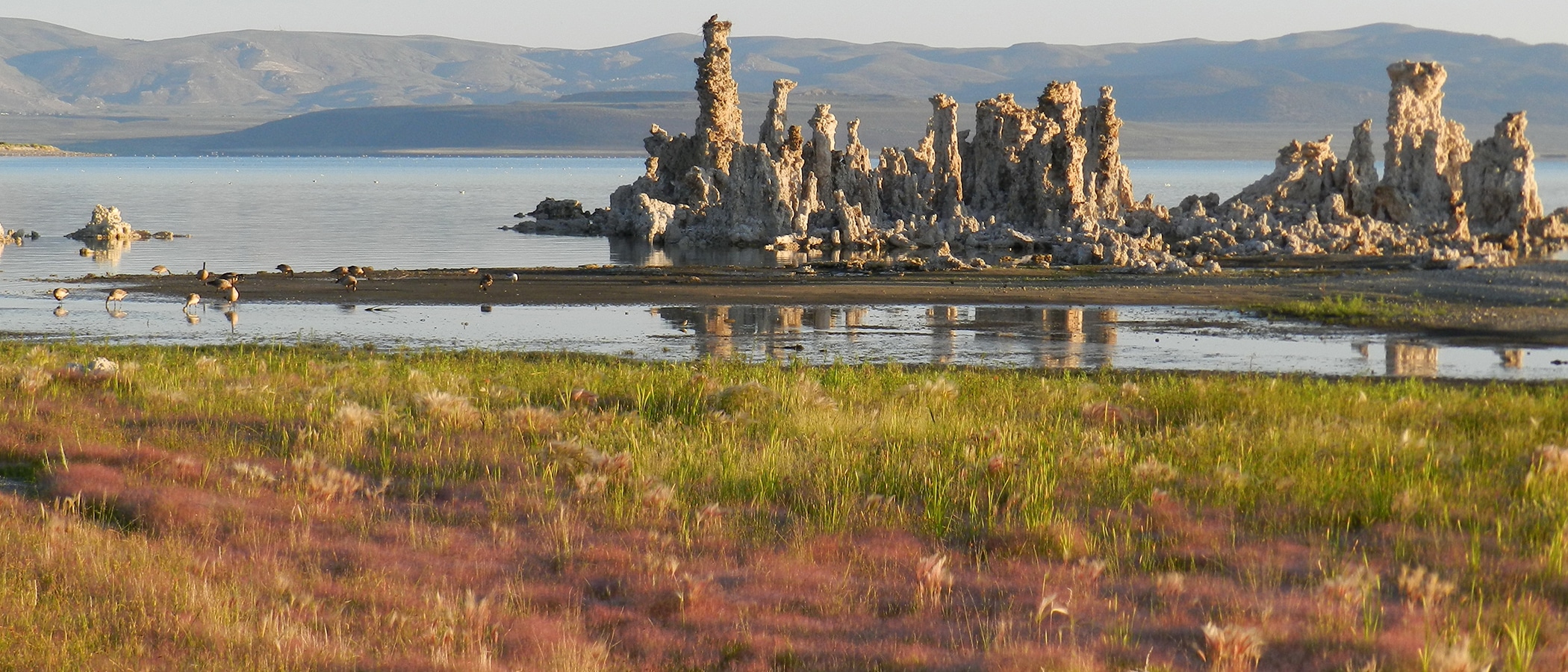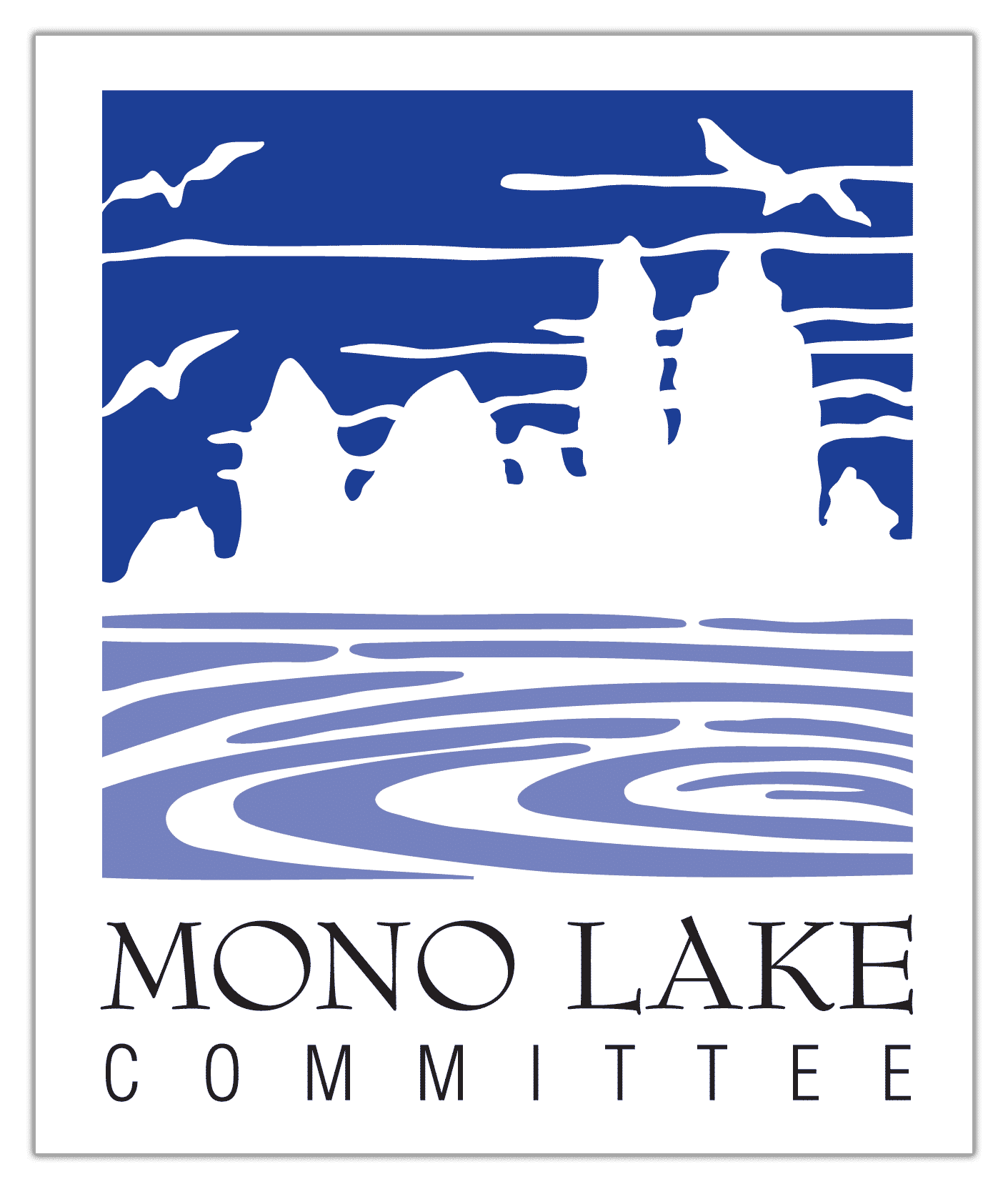
 Governor Schwarzenegger is now promising that far fewer than 100 state parks will be closed.
Governor Schwarzenegger is now promising that far fewer than 100 state parks will be closed.
While not a guarantee for the Mono Lake Tufa State Natural Reserve or Bodie State Historical Park, park supporters are now breathing a little easier.
Representatives for the Governor stepped away from the closure plan yesterday after heavy criticism from the public, legislators, and park advocates including the Mono Lake Committee. Over 10,000 letters and petition signatures in support of Mono Lake and Bodie have already been delivered in Sacramento this year.
From the Mercury News:
“That 100 number isn’t something to hang your hat on,” said Jeff Macedo, a spokesman for Schwarzenegger. “We wanted to find a way to keep as many parks as possible open. We are still working with the parks department to find other ways to save besides closing parks.”
Macedo did not rule out the possibility that all state parks might remain open, although he said it was unlikely.
“If there’s some way we can work that out, it would be great. But with the cuts in their budget that may not be feasible,” he said.
When will the closure list come out, if there is one?
“I don’t think we have a specific timeline,” he said.
Park closures have been a bad idea on many fronts. Not only do parks protect essential parts of California’s cultural and natural heritage–Mono Lake and Bodie being prime examples–they also generate net income for the state through tax revenues.
And closing parks has turned out to be far more challenging than the Governor might have guessed. In many cases it became apparent that the state’s legal liabilities, combined with the risk of wildfires, facility damage, loss of fee revenue, and litigation, could make closures more expensive that simply leaving park units open and operating.
It’s not clear how the Governor plans to address the $14 million in budget cuts to the park system, so this issue is far from over. The Governor may attempt to cut agency operations without allowing park closures, or perhaps he’ll find funding from another source.
Either way, this year’s budget drama has underscored the need for a long-term stable source of funding for the state park system. At the top of the list is a dedicated vehicle license fee of $15 for parks that would allow all Californians free entry. Such a proposal might go to the voters next year.
In the news:
Mercury News: Schwarzenegger changes course: Far fewer than 100 parks to close
San Francisco Chronicle: State paring down number of park closures
save besides closing parks.”Macedo did not rule out the possibility that all state parks might remain open, although he said it was unlikely.
“If there’s some way we can work that out, it would be great. But with the cuts in their budget that may not be feasible,” he said.
When will the closure list come out, if there is one?
“I don’t think we have a specific timeline,” he said.

I have heard no mention of raising the entry fees to the parks. Is that on the table? With the specific parks recieving the entrance fees keeping them and using them towards their specific operating expenses? Vehicle license fees in California are already some of the highst in the country already are they not?
Thanks for your comments Rick. Yes, fee increases are already being implemented throughout the system and more are definitely on the table. The State Parks folks have done some analysis and they do find that they can raise fees to a certain level (it varies by park) and that beyond that visitation diminishes, resulting in no new net income.
The attraction of using a vehicle license fee addition to fund State Parks is that the money would be dedicated to the agency and not subject to the annual budget games we have seen in recent years. Whether citizens are willing to pay such a fee is a question that would be answered if the proposal goes to a ballot vote.
— Geoff